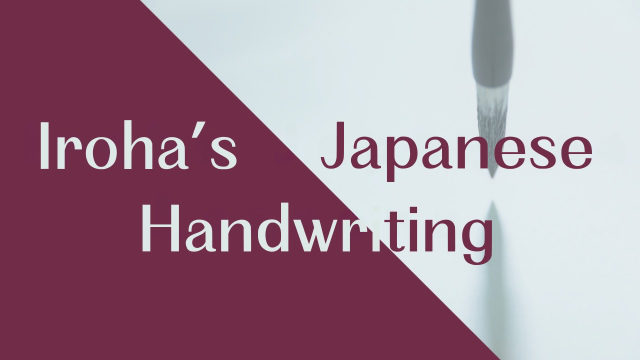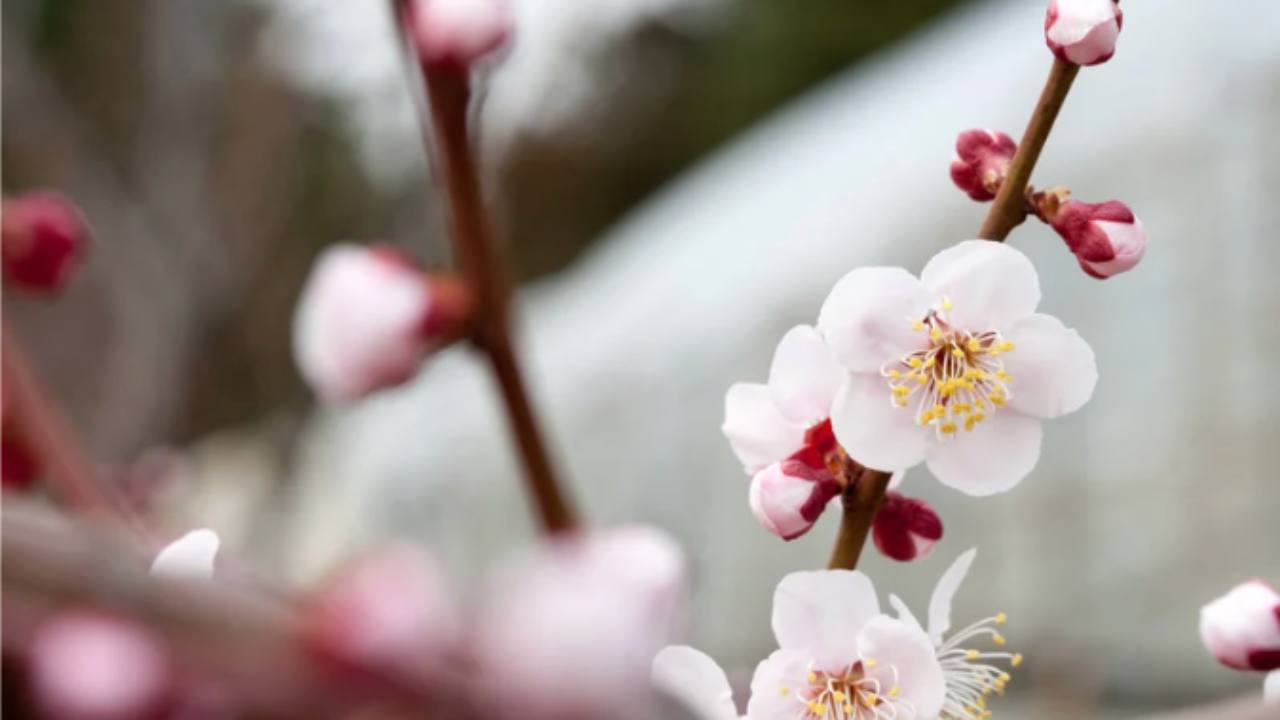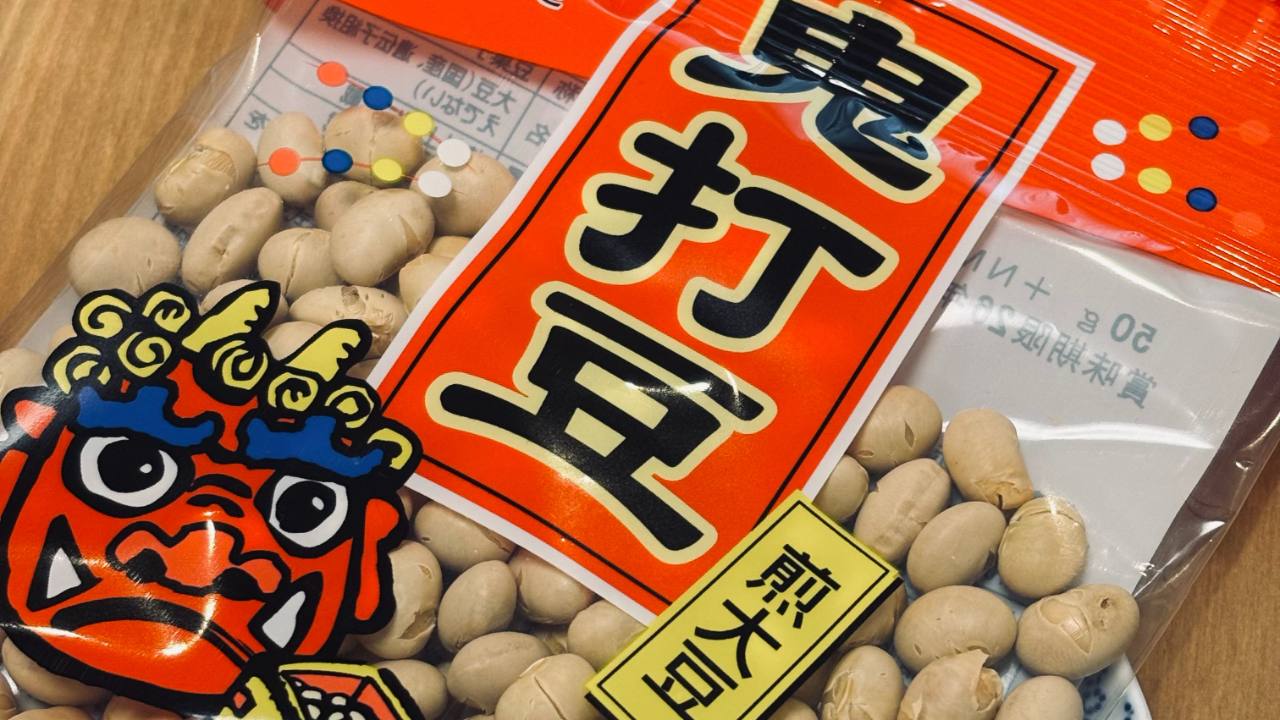初物を好む/Our Love for The First-Of-The Season Foods
こんにちは、いろはです。
今日は、日本独特の「初物文化(はつものぶんか)」についてご紹介します。
Hello, this is Iroha.
Today, I’d like to introduce a uniquely Japanese tradition:
the culture of celebrating “hatsumono”, or first-of-the-season foods.
初物とは?
「初物(はつもの)」とは、その年に初めて収穫された食べ物や作られたもののことを指します。
What is "hatsumono"?
Hatsumono refers to the first harvest, catch, or production of the season.
たとえば、初鰹(はつがつお)、初鮭(はつざけ)、新酒(しんしゅ)、新そばなど。
Examples include:
-
Hatsugatsuo (the season’s first bonito)
-
Hatsuzake (the season’s first salmon)
-
Shinshu (newly brewed sake)
-
Shin soba (the year’s first buckwheat noodles)
日本では、古くから「初物を食べると長生きできる」と言われ、
初物をありがたくいただく習慣がありました。
In Japan, there has long been a belief that eating the first produce of the season brings good fortune and longevity.
江戸時代には、初物に高いお金を払ってでも手に入れようとする風習があり、
「初物を食べると七十五日長生きする」といった言葉まで生まれたそうです。
In the Edo period (17th–19th centuries), people would even pay high prices to obtain hatsumono, and a saying went, “Eating hatsumono will add 75 days to your life.”
初物に込められた気持ち
初物には、自然の恵みへの感謝や、季節の到来を祝う気持ちが込められています。
The spirit behind "hatsumono"
Eating hatsumono is more than just enjoying food—it’s a way of giving thanks for nature’s blessings and celebrating the arrival of a new season.
季節の変わり目を肌で感じながら、
「今年もまた無事にこの季節を迎えられた」
という小さな喜びを味わう文化なのです。
It’s a quiet joy:
"This year, once again, I have lived to see this season."
現代でも残る初物文化
今でも、日本の食卓では「今年初めてのスイカ」「新そばを食べたよ」など、
季節の初めに食べることをちょっと特別に感じる風習が続いています。
Hatsumono today
Even now, it’s common for people in Japan to say,
"This is our first watermelon of the season!" or
"I tasted this year’s new soba noodles!"
and to treat the first taste of the season as something special.
特別な高級品でなくても、
「初めて」を大切に祝う気持ちは、今も生きているのですね。
It doesn’t need to be an expensive delicacy—
the simple act of appreciating a “first” remains an important part of Japanese life.
季節と共に生きる喜びを、
今年の「初物」と一緒に味わってみませんか?
– いろは
Why not celebrate the joy of the seasons by enjoying your own hatsumono this year?
– Iroha





